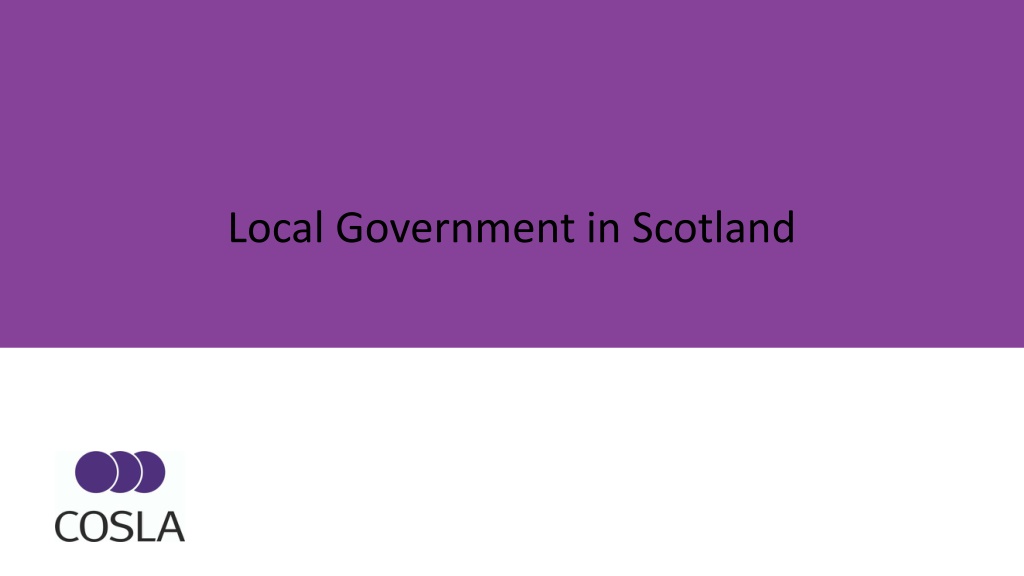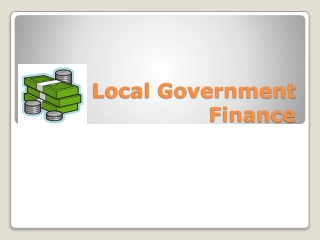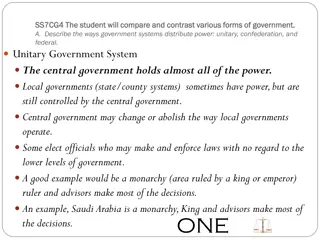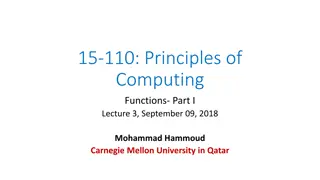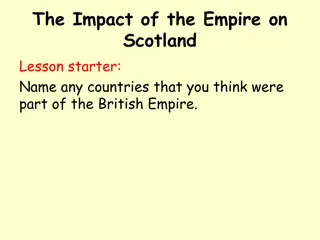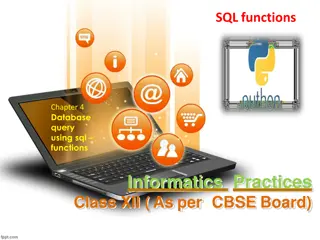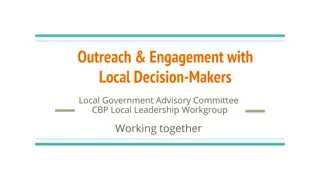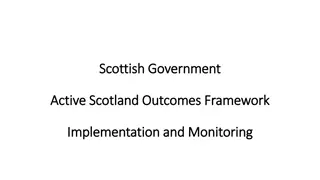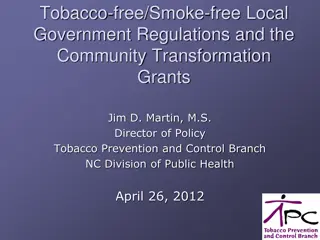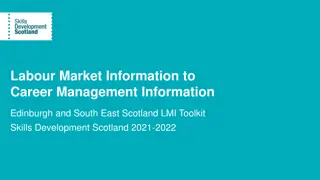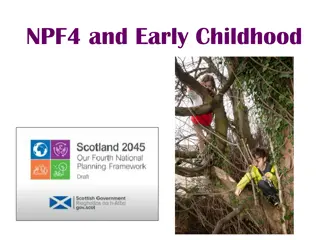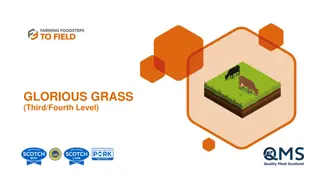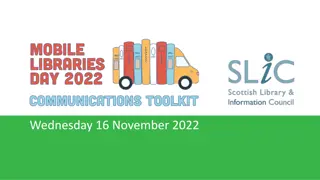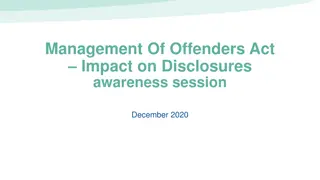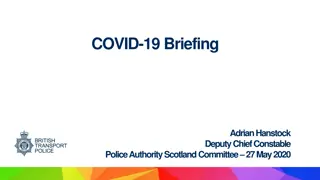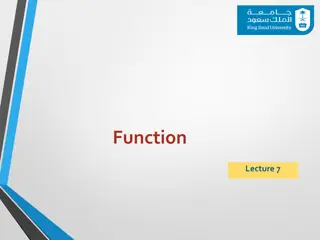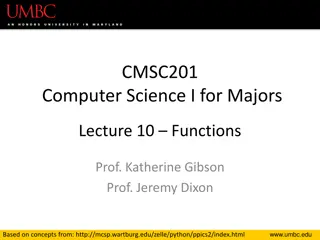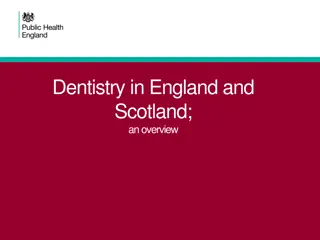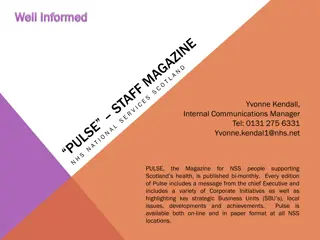Local Government in Scotland: Functions, Structure, and Importance
Local Authorities in Scotland are comprised of 32 councils that provide essential public services such as education, social care, waste management, and planning. Elected members, non-elected members, and key personnel like the Chief Executive and Council Leader play vital roles in decision-making and service delivery. Councils are funded through sources like Council Tax and Scottish Government grants, impacting all communities with their community-focused approach. The decision-making process involves full council meetings and committee decisions. Local government in Scotland prioritizes community needs and services, making a significant impact on the lives of residents.
Download Presentation

Please find below an Image/Link to download the presentation.
The content on the website is provided AS IS for your information and personal use only. It may not be sold, licensed, or shared on other websites without obtaining consent from the author. Download presentation by click this link. If you encounter any issues during the download, it is possible that the publisher has removed the file from their server.
E N D
Presentation Transcript
What is a Local Authority? There are 32 Local Authorities in Scotland with identical functions and powers. Each Local Authority provides public services, including education, social care, waste management, libraries and planning. Each Local Authority is different in size and population and may have different needs. Councils operate independently of central government and are accountable to local people for the services they provide.
Key People Elected Members Non Elected Members Councillors are elected by their communities to represent them and make decisions on their behalf. Chief Executive: the Chief Executive is normally the head of paid staff and is employed by the Council. Administration is the group of elected Councillors that represent the majority and control the running of the Council. Officers: officers are employed by the Council to carry out its functions. Council Leader: A Council Leader is elected by the party that forms the administration. Some Councils decide to have Co-Leaders who share this responsibility. Civic Head: the Council will also elect a civic head that will represent them at events. This person is a Lord Provost or Provost.
Funding Together Councils had 15.2bn total income in 2016/17 ( 2bn local tax revenue) - Local Authorities receive funding from Scottish Government. Across Scotland, Local Authorities impact in every community: 244,000 staff 10% of working population 6.3bn annual procurement 250m annual investment in local economic growth 787m Capital Budget - They generate their own income through Council Tax and other agreed taxes. - Councils may generate income by charging for some local services. - This funding is used to fund all Council services and staff.
Decision Making Full Council Meetings At full Council meetings Councillors meet to debate key issues and take decisions on behalf of their communities. Setting the annual Council Budget and the rate of Council Tax are always decided by full Council. Committee The Council might decide that decisions on other issues can be taken by committees or sub committees, for example decisions on youth services or the environment.
Why is Local Government Important? Councils put communities and their people first in the design of local services They provides community leadership They deliver the vast majority of public services in local areas, impacting the lives of everyone. How does your Council work for you?
